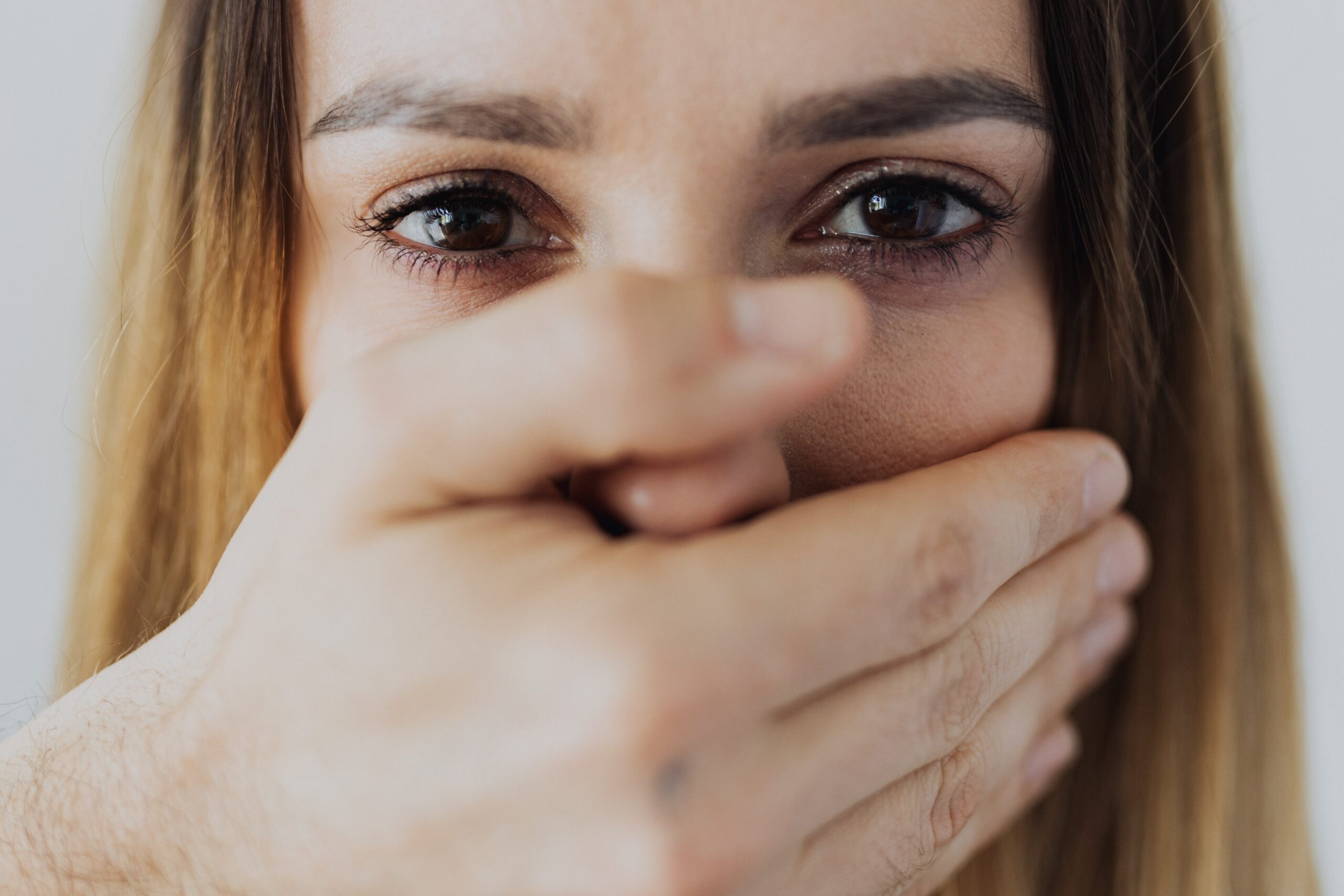Understanding anxiety: What is anxiety and how does it affect individuals?
Anxiety is a common mental health condition that affects millions of people worldwide. It is characterized by feelings of fear, worry, and unease, often accompanied by physical symptoms such as increased heart rate, sweating, and trembling. While it is normal to experience occasional anxiety in certain situations, such as before a big presentation or job interview, for some individuals, anxiety becomes a chronic and debilitating condition.
Anxiety can have a profound impact on a person’s daily life, affecting their ability to work, socialize, and engage in everyday activities. It can also lead to various physical health issues, such as headaches, digestive problems, and sleep disturbances. It is important to understand that anxiety is not simply a matter of being overly sensitive or weak-willed. It is a complex condition that can be influenced by a variety of factors, including genetics, brain chemistry, and life experiences.
Misconception 1: Anxiety is just regular worrying
One of the most common misconceptions about anxiety is that it is no different from everyday worrying. While it is true that both anxiety and worry involve concerns and fears about the future, there are distinct differences between the two. Regular worrying is usually short-lived and related to specific events or situations, whereas anxiety is often chronic and not necessarily tied to a particular trigger.
Anxiety is also more intense and persistent than regular worrying. Individuals with anxiety often experience excessive and irrational fears that can interfere with their daily functioning. These fears may be related to a wide range of situations or objects, such as social interactions, flying, or germs. Unlike regular worrying, anxiety can cause physical symptoms such as panic attacks, chest pain, and shortness of breath.
Debunking misconception 1: The difference between anxiety and everyday stress
It is important to differentiate anxiety from everyday stress as well. While stress is a normal reaction to challenging or demanding situations, anxiety is a more generalized and ongoing condition. Stress is usually temporary and often related to external factors, such as work deadlines or relationship issues. On the other hand, anxiety can persist even when there is no obvious trigger, and it can significantly impact a person’s overall well-being.
Moreover, anxiety is often accompanied by physical symptoms that are not typically associated with regular stress. These symptoms can include muscle tension, headaches, digestive problems, and sleep disturbances. Understanding the difference between anxiety and everyday stress is crucial in order to provide appropriate support and treatment for individuals experiencing anxiety.

Misconception 2: Anxiety is a sign of weakness or lack of control
Another common misconception about anxiety is that it is a sign of weakness or a lack of control. This misconception stems from the misunderstanding that anxiety is solely a result of personal shortcomings or character flaws. In reality, anxiety is a legitimate medical condition that can affect anyone, regardless of their strength or willpower.
Anxiety is influenced by a combination of genetic, biological, and environmental factors. Some individuals may have a genetic predisposition to anxiety, while others may develop it as a result of traumatic experiences or chronic stress. It is important to recognize that anxiety is not a reflection of personal weakness, but rather a complex condition that requires understanding and support.
Debunking misconception 2: Anxiety is a legitimate medical condition with various causes
Anxiety is a legitimate medical condition that can have a significant impact on a person’s life. It is not simply a matter of being overly sensitive or lacking control. There are various causes of anxiety, including imbalances in brain chemistry, trauma, and chronic stress. Understanding the underlying causes of anxiety is crucial for effective treatment and support.
It is also important to note that anxiety is a highly treatable condition. There are various treatment options available, including therapy, medication, and lifestyle changes. Seeking professional help is essential for individuals experiencing anxiety, as it can provide them with the tools and support needed to manage their symptoms and improve their overall quality of life.
Misconception 3: Anxiety can be cured by simply “calming down”
A common misconception about anxiety is that it can be cured by simply “calming down” or “thinking positively.” While relaxation techniques and positive thinking can be helpful in managing anxiety symptoms, they are not a cure. Anxiety is a complex condition that requires a comprehensive approach to treatment.
Anxiety management often involves a combination of therapy, medication, and lifestyle changes. Therapies such as cognitive-behavioral therapy (CBT) can help individuals identify and change negative thought patterns and behaviors that contribute to their anxiety. Medications, such as selective serotonin reuptake inhibitors (SSRIs), can also be prescribed to help manage symptoms.
Debunking misconception 3: The importance of professional help and treatment options for anxiety
Seeking professional help is essential for individuals experiencing anxiety. A mental health professional, such as a therapist or psychiatrist, can provide a diagnosis and develop a personalized treatment plan based on the individual’s specific needs and circumstances. They can also offer guidance and support throughout the treatment process.
In addition to therapy and medication, there are various self-help strategies that can be effective in managing anxiety. These include regular exercise, practicing relaxation techniques such as deep breathing and meditation, maintaining a healthy diet, getting enough sleep, and engaging in activities that bring joy and relaxation. It is important to explore different strategies and find what works best for each individual.
Common myths about anxiety debunked
There are several common myths about anxiety that perpetuate misconceptions and stigma surrounding the condition. One of the most prevalent myths is that anxiety is a choice or a result of weak character. As discussed earlier, anxiety is a legitimate medical condition that can affect anyone, regardless of their strength or willpower.
Another myth is that anxiety is not a serious condition and can be easily overcome without professional help. In reality, anxiety is a complex condition that can have a profound impact on a person’s life. It requires appropriate treatment and support to effectively manage symptoms and improve overall well-being.
Anxiety management techniques and self-help strategies
Managing anxiety involves a combination of professional help and self-help strategies. In addition to therapy and medication, there are various techniques that individuals can use to manage their anxiety on a day-to-day basis. These include:
- Deep breathing exercises: Taking slow, deep breaths can help calm the body and mind during moments of anxiety.
- Mindfulness meditation: Practicing mindfulness can help individuals stay present and reduce anxiety symptoms.
- Regular exercise: Engaging in physical activity releases endorphins, which are natural mood boosters and can help reduce anxiety.
- Healthy lifestyle habits: Maintaining a balanced diet, getting enough sleep, and avoiding excessive caffeine and alcohol can all contribute to overall well-being and help manage anxiety.
It is important to note that while these self-help strategies can be beneficial, they are not a substitute for professional help. Individuals with severe or persistent anxiety should seek guidance from a mental health professional.
Conclusion: Understanding the truth about anxiety and promoting a more empathetic society
In conclusion, it is crucial to debunk the misconceptions surrounding anxiety in order to promote a more empathetic and understanding society. Anxiety is not just regular worrying or a sign of weakness. It is a legitimate medical condition that can affect anyone, regardless of their strength or willpower.
By educating ourselves and others about the realities of anxiety, we can foster a more compassionate and supportive environment for individuals experiencing anxiety. Seeking professional help, understanding the importance of treatment options, and implementing self-help strategies can all contribute to effectively managing anxiety and improving overall well-being.
If you or someone you know is struggling with anxiety, reach out to a mental health professional for guidance and support. Remember, you are not alone, and help is available.
















